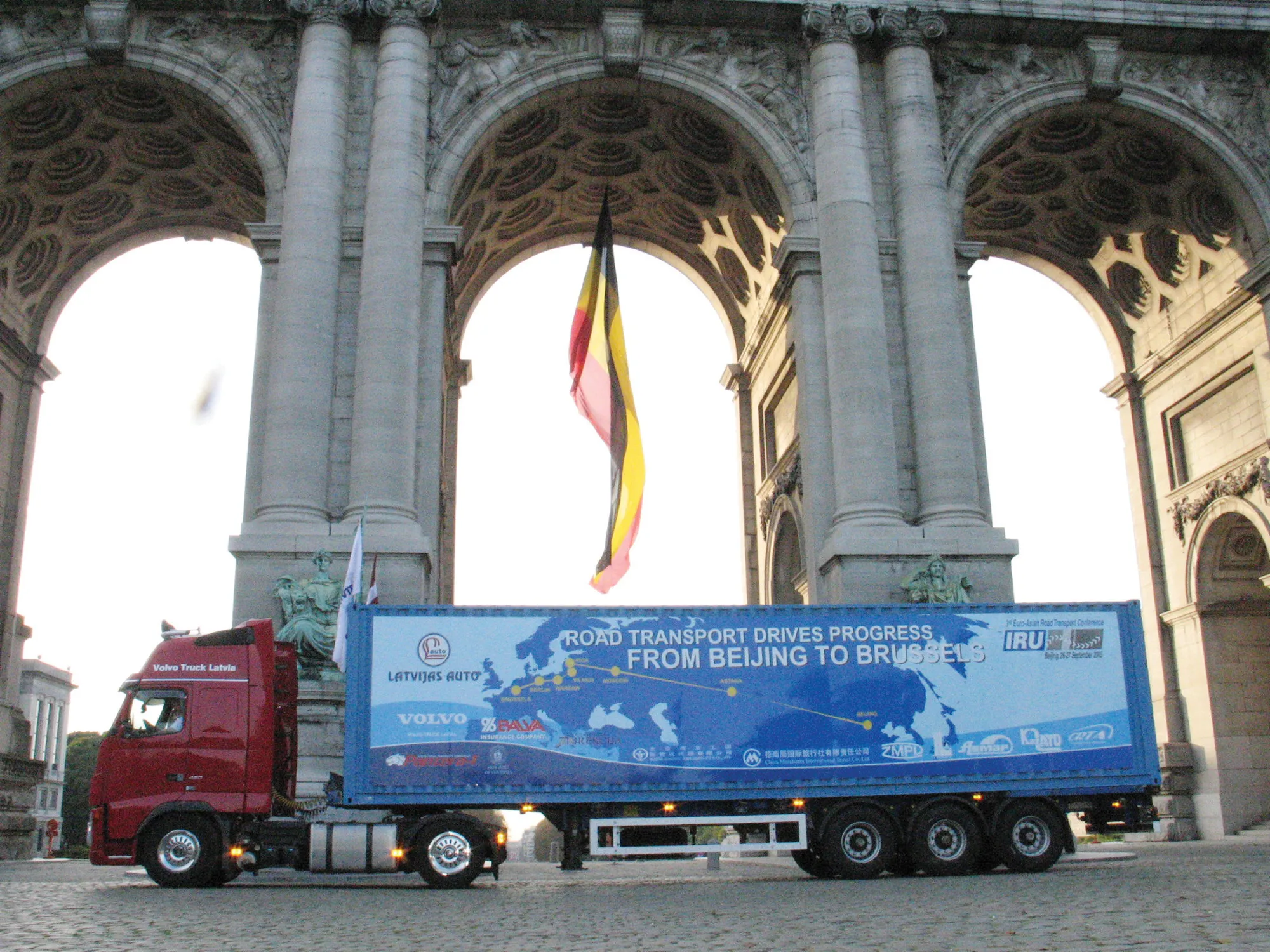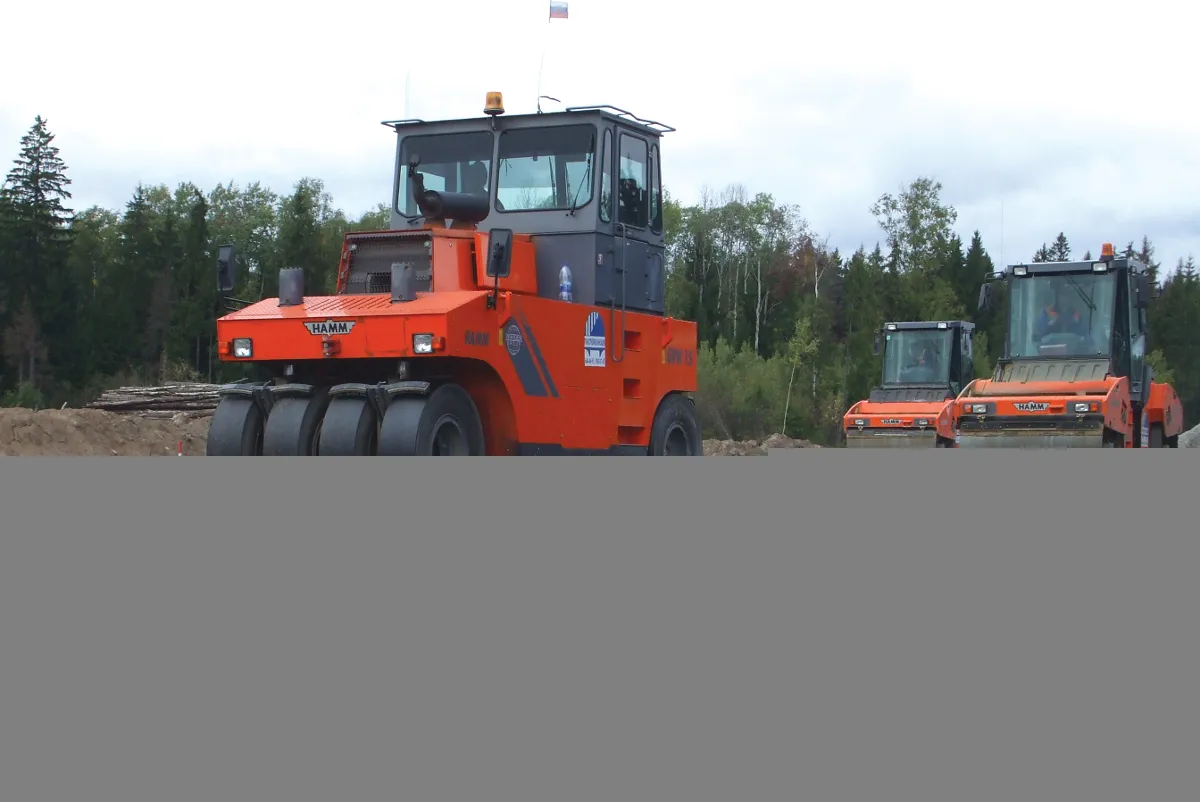Russia should be one of the largest and most dynamic infrastructure markets in the world over the next 15 years, and now "the time is right to begin a major push." Patrick Smith reports
February 20, 2012
Read time: 4 mins

Russia should be one of the largest and most dynamic infrastructure markets in the world over the next 15 years, and now "the time is right to begin a major push." Patrick Smith reports
The conclusion comes from global infrastructure expert Norman Anderson who says such infrastructure is critical to the country's long-term competitiveness and its modernisation.
Anderson, a noted international authority on infrastructure, is president and CEO of
According to the US-Russia Business Council (
"It goes without saying that this will be a tremendous undertaking that will require the close cooperation of the public and private sectors," says USRBC's CEO Ed Verona.
"Russia possesses enormous potential and some of the essential building blocks for a strong infrastructure market, but it has not yet presented a commanding vision to provide direction and organisation for a sustained initiative necessary to transform the country's competitiveness," notes Anderson.
The USRBC is a Washington, USA-based association representing approximately 250 companies, among them some of the leading companies in the US, Russia and Europe. Its primary mission is to promote trade and investment between the United States and Russia.
The USRBC-CG/LA Report, Russia's Infrastructure at a Crossroads: the Key to Modernisation, was rolled out in the Russian capital Moscow in advance of the Russia Strategic Infrastructure Leadership Forum (11- 13 May), where identifying Russia's priority infrastructure projects was the focus of the conference in the city, organised jointly by Anderson's CG/LA Infrastructure and the USRBC.
The projects [covering surface transport, airport, electricity, water, mining and exploration, oil and gas, ports and logistics, strategic, tourism and manufacturing], selected by CG/LA and USRBC in close consultation with the public and private sectors active in infrastructure project creation and execution, describe Russia's global competitiveness over the next 20 years.
When presenting the findings of his report, Anderson suggested that concerns about whether Russia is "serious" about infrastructure development are misplaced.
"Getting the model right and focusing on the right projects" is the challenge.
Anderson's report delves into Russia's infrastructure environment and builds recommendations from a diagnostic of strengths and weaknesses using a proprietary model to assess the capacity for infrastructure creation and project feasibility.
Ed Verona noted that the USRBC has been highlighting the issue of infrastructure development for several years in small discussions and panels, but that "the time is right to begin a major push now" on this fundamental pillar of President Dmitry Medvedev's government programme as Russia emerges from the economic crisis.
SHOWTIME IN MOSCOW
Construction equipment manufacturers are continuing to sign up for the ConExpo Russia area at the 2010 CTT Moscow.A major factor for growth is that companies also recognise Russia's enormous business potential with huge infrastructure needs, and "these companies also know the proven value of AEM [
Indeed, AEM says that projects such as preparations for the Sochi 2014 Winter Olympics (an estimated US$20 billion) face shortages of reliable equipment.
CTT, the Construction Equipment and Technologies Specialised Demonstration Show, will be held 1-5 June, 2010 at the Crocus International Exhibition Center in Moscow.
Exhibitor
As








